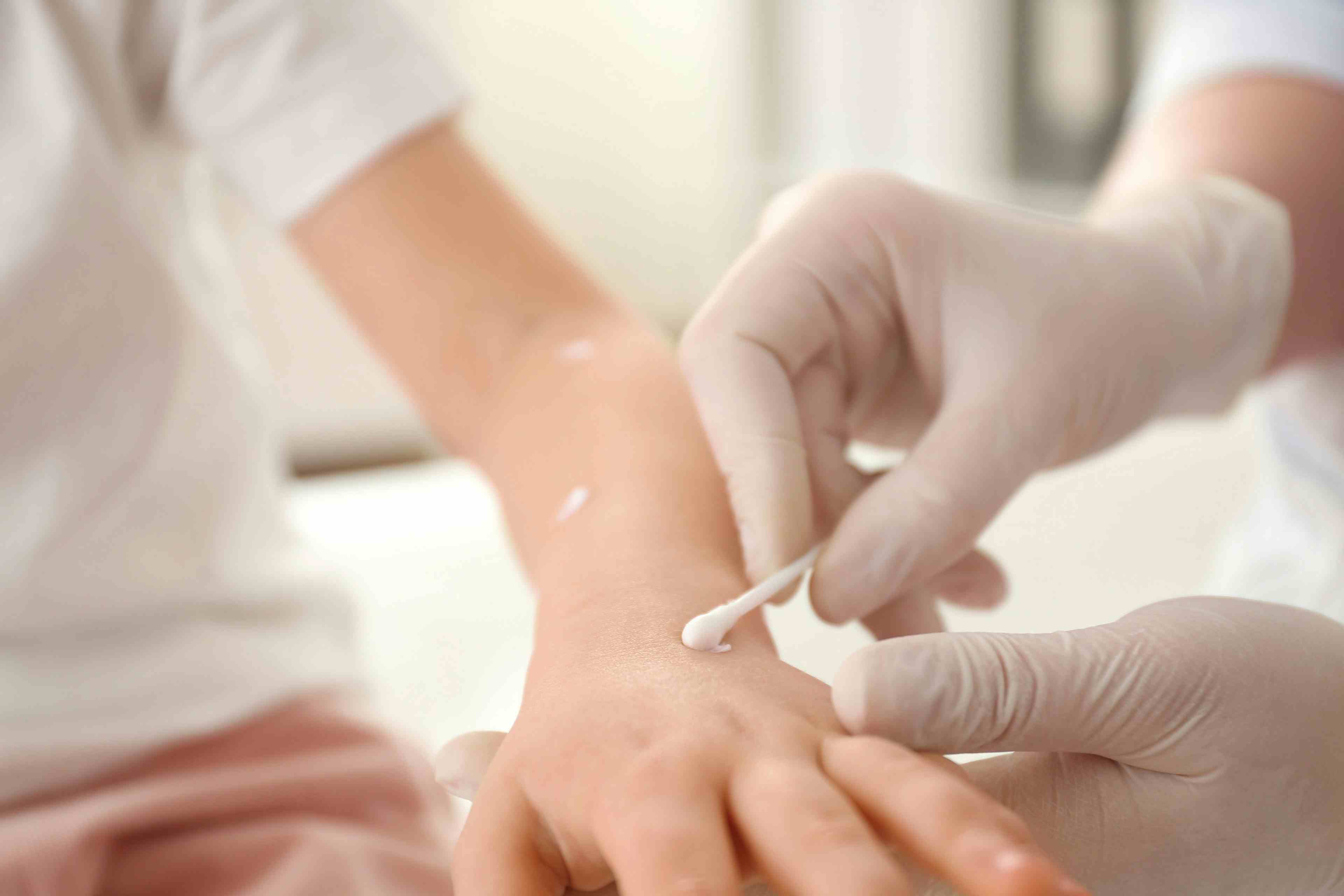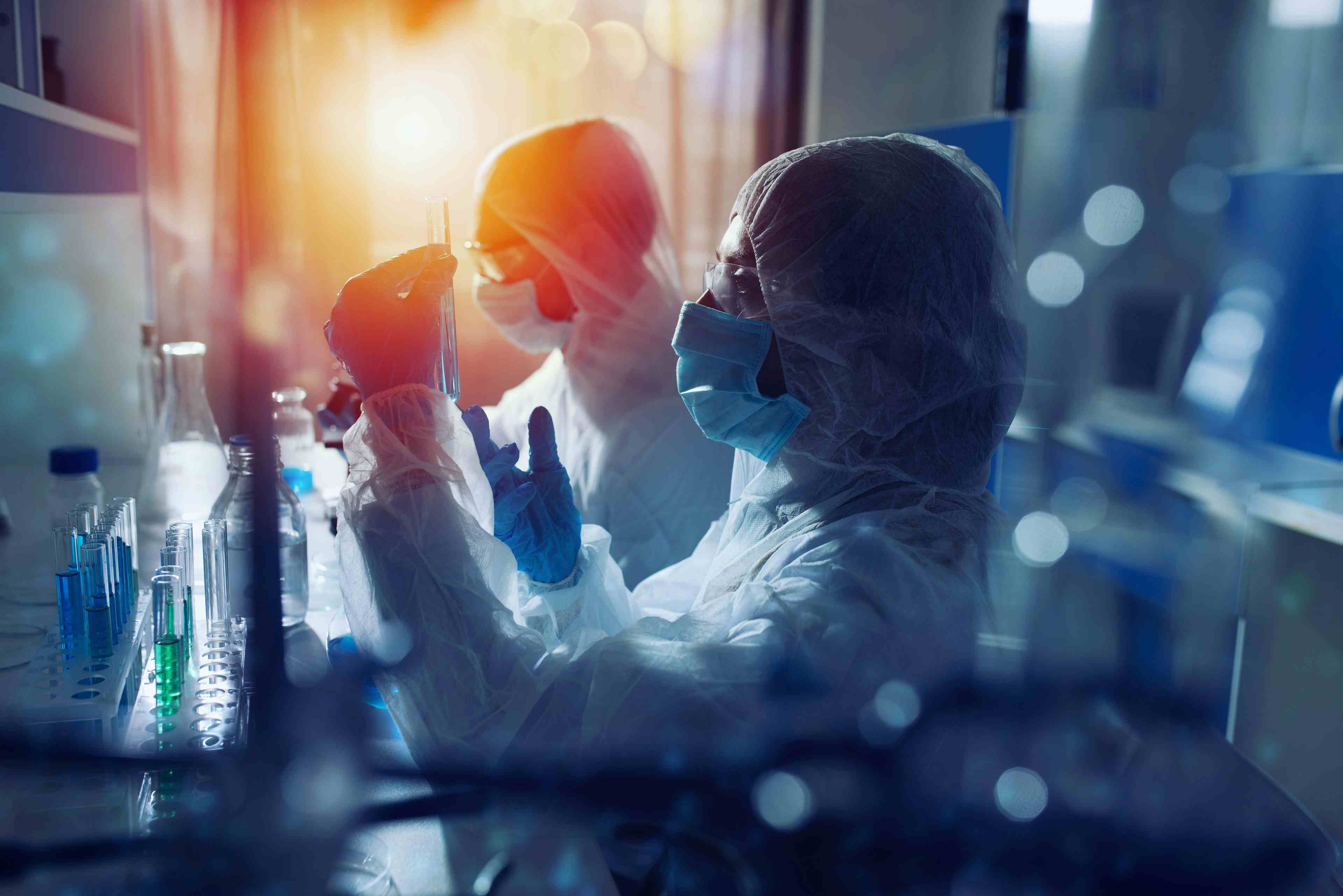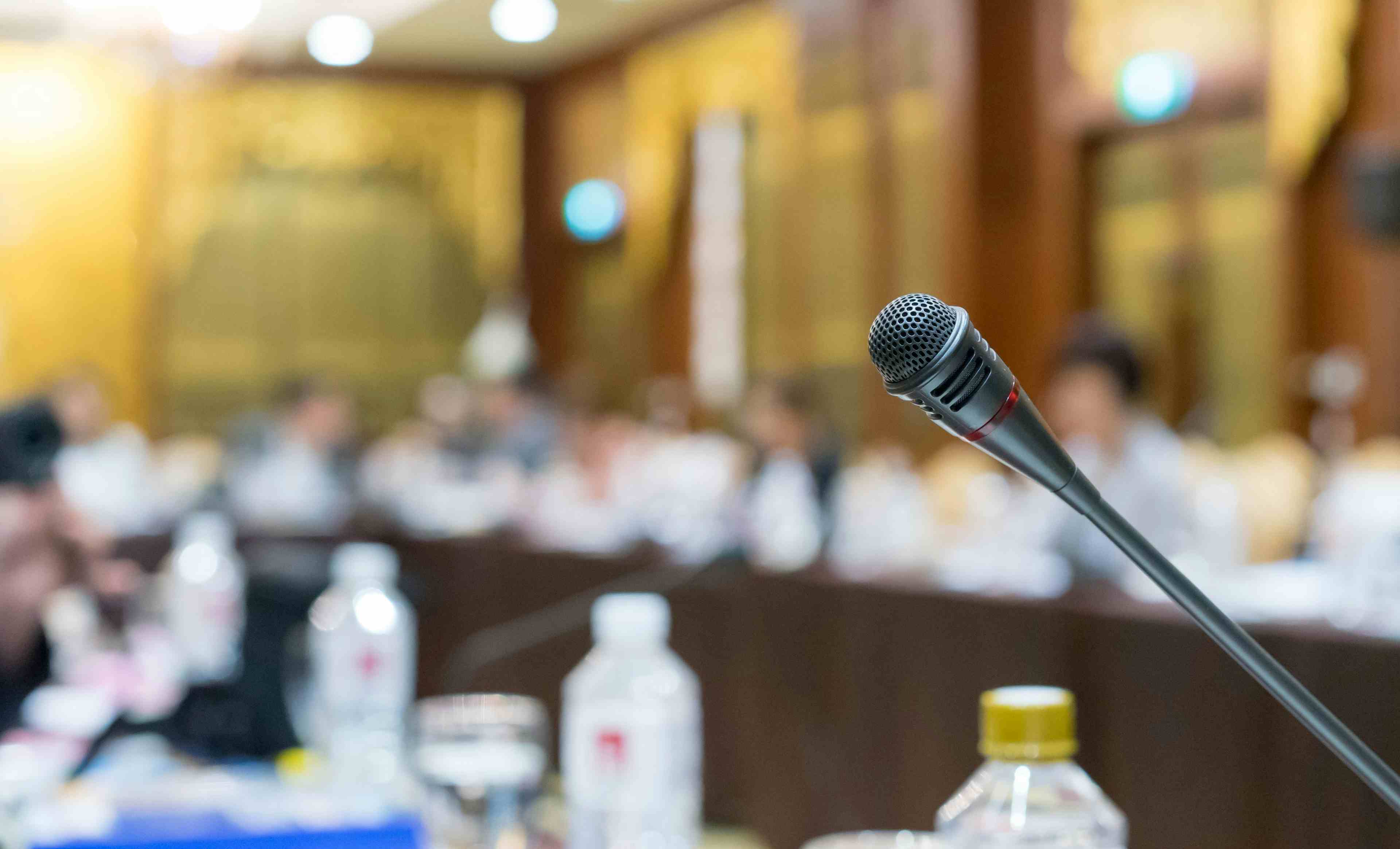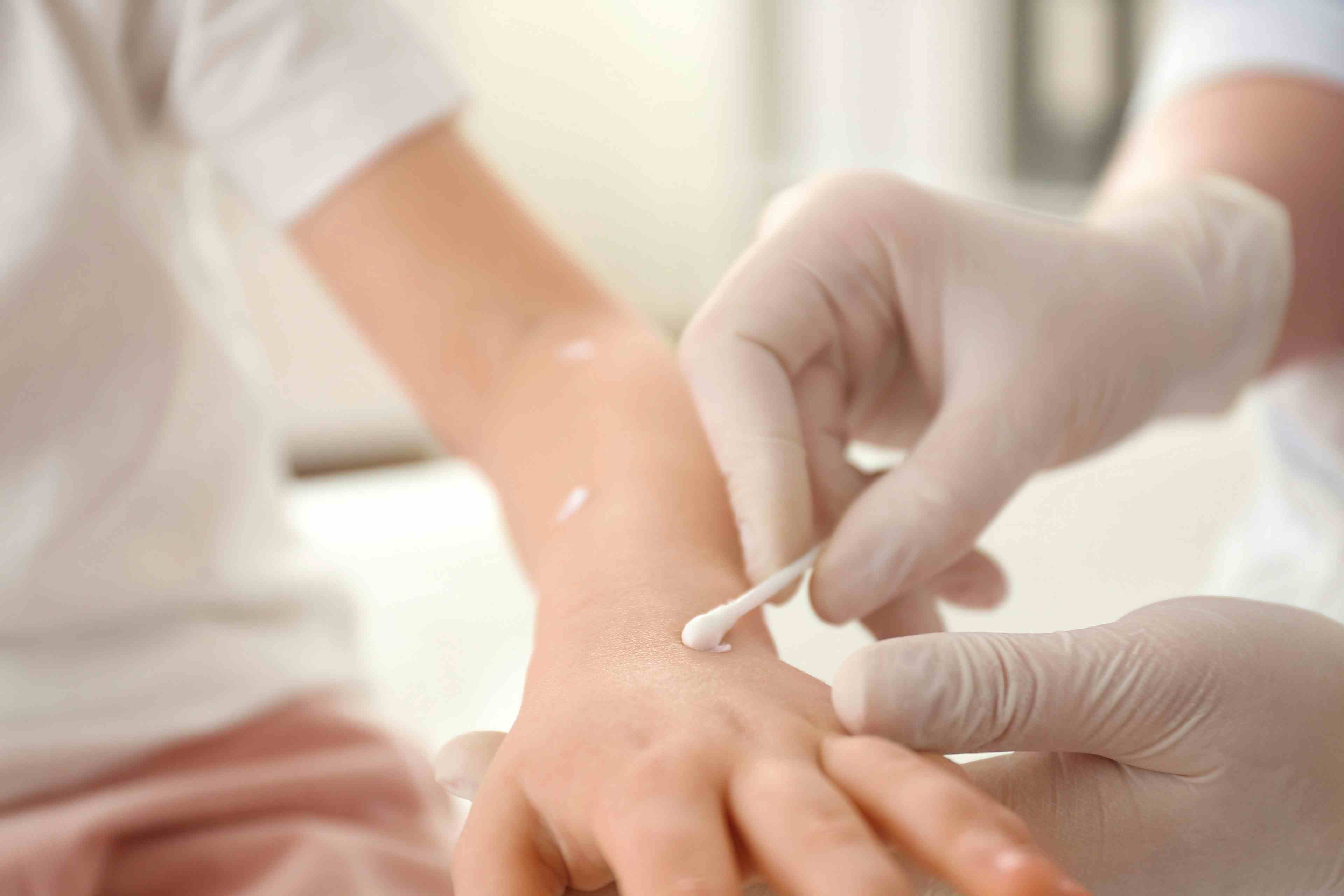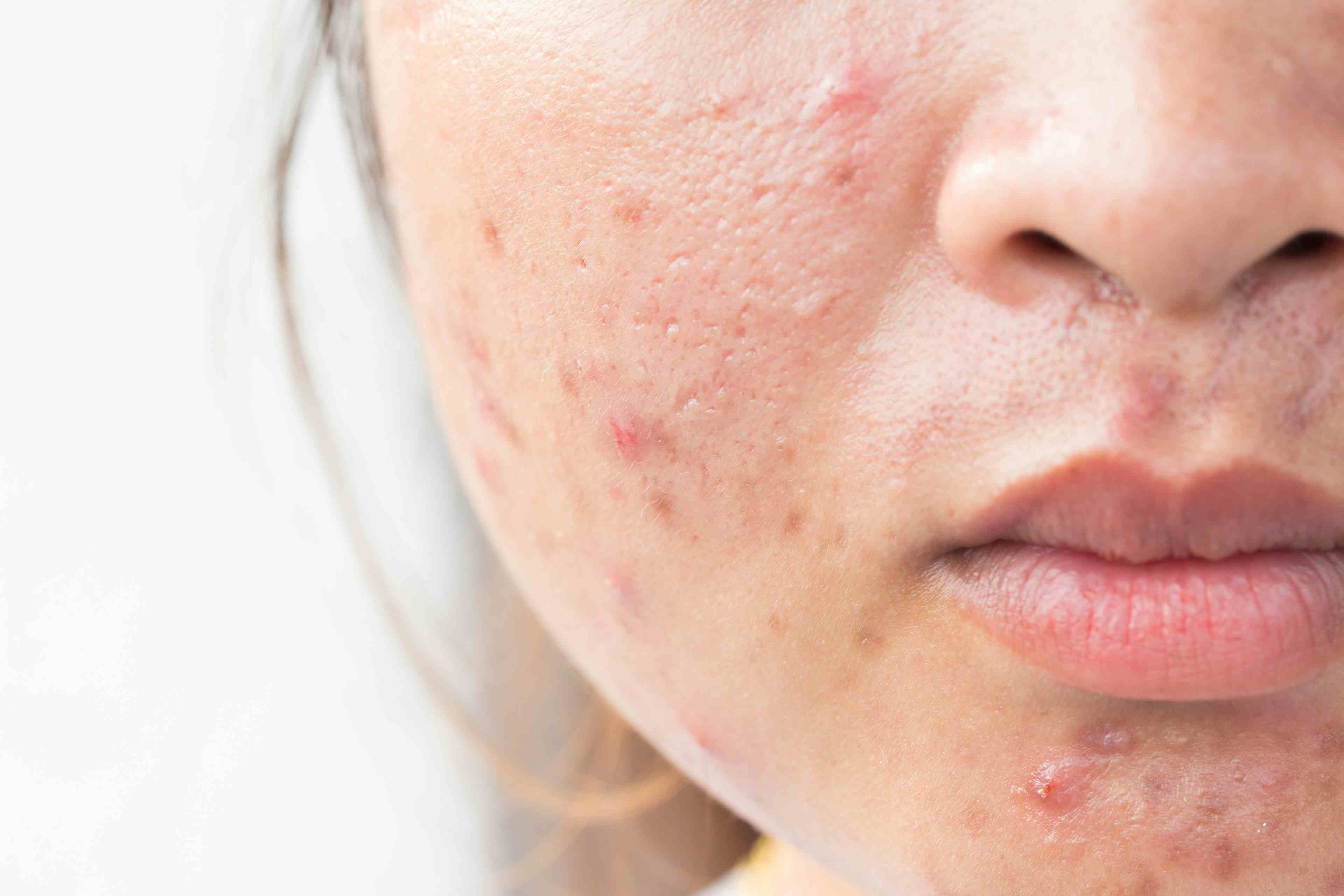- Acne
- Actinic Keratosis
- Aesthetics
- Alopecia
- Atopic Dermatitis
- Buy-and-Bill
- COVID-19
- Case-Based Roundtable
- Chronic Hand Eczema
- Chronic Spontaneous Urticaria
- Drug Watch
- Eczema
- General Dermatology
- Hidradenitis Suppurativa
- Melasma
- NP and PA
- Pediatric Dermatology
- Pigmentary Disorders
- Practice Management
- Precision Medicine and Biologics
- Prurigo Nodularis
- Psoriasis
- Psoriatic Arthritis
- Rare Disease
- Rosacea
- Skin Cancer
- Vitiligo
- Wound Care
Article
Acne agents usher in the 'sebaceous decade'
Oral isotretinoin, hormonal agents and photodynamic therapy all are effective modalities for acne treatment that work through the sebaceous gland - yet caveats apply to each.

Oral isotretinoin, hormonal agents and photodynamic therapy all are effective modalities for acne treatment that work through the sebaceous gland - yet caveats apply to each.
As the only therapy to address all four causative factors of acne, isotretinoin clearly offers the most effective acne treatment, and the medication is too important to be dismissed due to the rigid new requirements of the iPLEDGE program, says Dr. Roberts, an assistant clinical professor of medicine at the Loma Linda University Medical Center in Rancho Mirage, Calif.
Benefits at low doses
For an extra cushion of safety, doctors may want to consider low-dose isotretinoin, and Dr. Roberts describes a recent study suggesting that benefits are still seen with the low doses.
In the study, 638 patients, male and female, were divided into two age groups - 12 to 20 and 21 to 35 - and were treated with 20 mg of isotretinoin per day. After six months, good results were observed in 94.8 percent of the patients ages 12 to 20 years, and in 92.6 percent of patients ages 21 to 35. During the four-year follow-up period, relapses of the acne occurred in 3.9 percent of the patients ages 12 to 20 years and in 5.9 percent of the patients ages 21 to 35 years. (J Am Acad Dermatol. 2006 Apr;54(4):644-646).
"This interesting study suggests low-dose isotretinoin to be an effective means for not only reducing patient costs, but of minimizing known side effects with this drug," Dr. Roberts says.
Hormonal agents
Hormonal agents for acne include new progestins with low intrinsic and androgenic activity. In addition, there are Ortho Tri-cyclen, Estrostep and Yasmin, which includes a combination of drospirenone and ethinyl estradiol.
"With Yasmin, the drospirenone gives you about 25 mg of spiranolactone in combination with estradiol," Dr. Roberts says. "This is very nice for the jawline acne and the adult female acne."
Other anti-androgens and oral contraceptives useful for acne treatment include Diane-35 (cyproterone acetate and spiranolactone); however, these are not approved by the Food and Drug Administration for acne use, and patients should be informed of that.
Other therapies
Photodynamic therapy, though not a first-line treatment due to side effects, time and cost, can nevertheless be yet another effective alternative to isotretinoin and useful for cases that are refractory to other treatments, Dr. Roberts says. The therapy also combines well with oral antibiotics and topical medications.
In choosing the right treatment, Dr. Roberts says her personal preferences are based on the specific acne problem. For sebum overproduction, for instance, she prefers hormonal agents or low-dose isotretinoin.
For ethnic skin types with post-inflammatory hyperpigmentation, salicylic acid can be particularly beneficial.
"The benefits are that it is preferentially absorbed by the sebaceous structure and there is also a bleaching phenomenon that, though transient, can be advantageous," Dr. Roberts says.
She also recommends microdermabrasion or intense pulsed light therapy for darker skin types; however with the latter, doctors should be careful about settings and should first perform skin tests on the patient.
Disclosure: Dr. Roberts has served as a speaker and consultant for Ortho Neutrogena and Procter & Gamble, as a consultant for Dermik/Aventis and as a consultant for Clarisonic, with which she also is a stockholder.
Newsletter
Like what you’re reading? Subscribe to Dermatology Times for weekly updates on therapies, innovations, and real-world practice tips.




